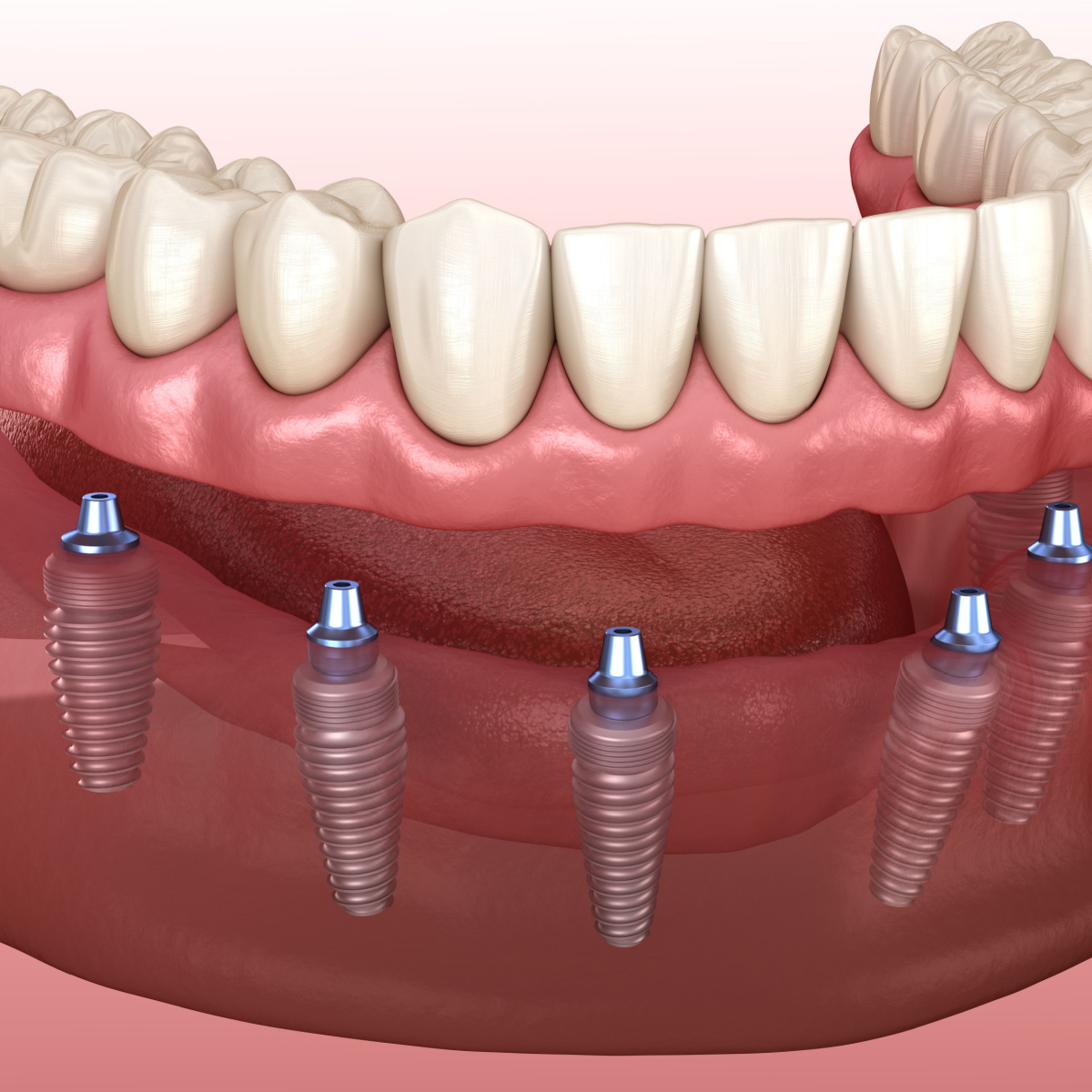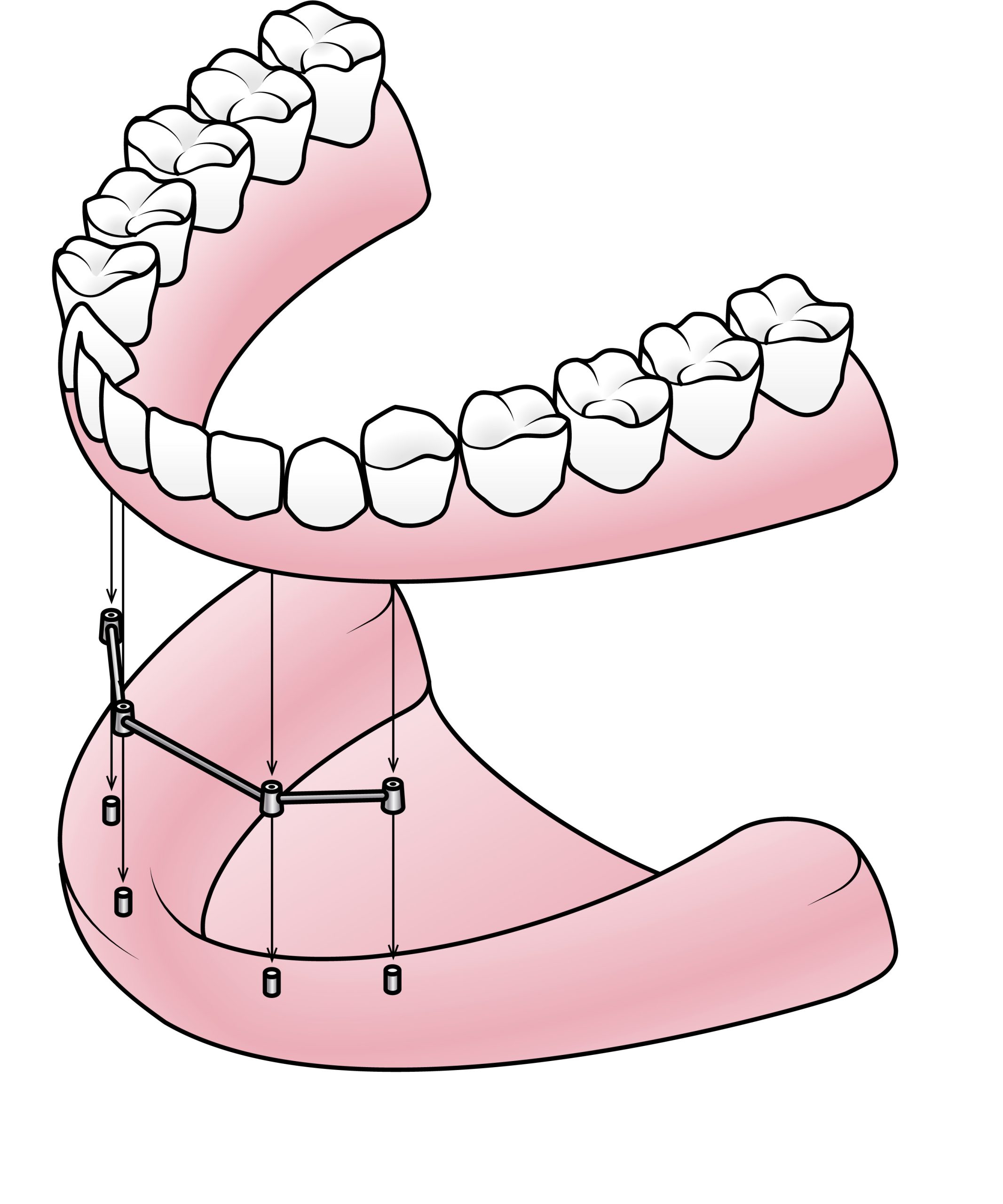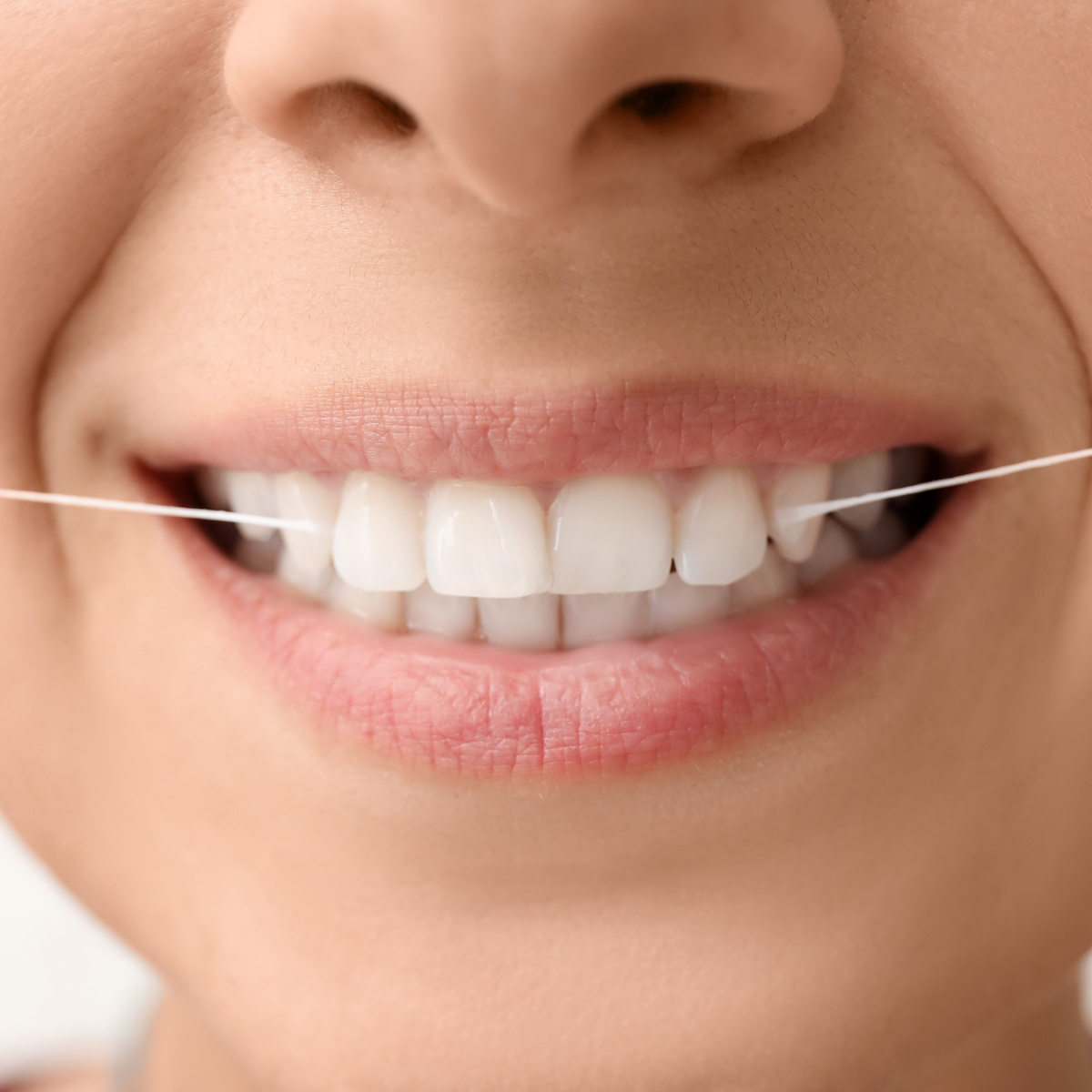If you’re tired of dealing with the hassle of traditional dentures, implant-supported dentures may be just what you need to restore your smile and regain your confidence. At Pearland Dental Group, our team of experienced Pearland implant dentistsis dedicated to helping you achieve the lasting, healthy smile of your dreams. Keep reading to learn how implant-supported dentures may help you meet your unique dental needs.
Implant-supported dentures, also called implant-retained dentures, are a type of dental prosthesis that combines traditional full and partial dentureswith dental implants. Dental implants are titanium posts surgically inserted into your jawbone to act as replacement tooth roots. Once the implants have fused with your jawbone, they can support a variety of dental prostheses, including dentures.
Implant-supported dentures offer a variety of benefits over traditional dentures. Here are just a few of the reasons why you may want to consider implant-supported dentures:
There are three main types of implant-supported dentures: ball attachment, bar attachment, and screw-retained. Each type has its own unique benefits, and our team can help you determine which type is right for you based on your specific needs.
Ball attachmentor O-ring denturesuse a ball and socket mechanism to attach the denture to the implant. The ball on the implant fits into a socket on the denture, allowing for a secure fit. Ball attachment implant-supported dentures can be removed for easy cleaning.
Bar attachmentor bar-retained denturesuse a thin metal bar that is attached to the implants to support the denture. The denture is then clipped onto the bar, providing a stable and secure fit while still allowing them to be removed. Bar attachment dentures are especially useful for those who have lost a substantial amount of jawbone density, as they provide additional support.
Screw-retainedor fixed denturesare attached to the implants using screws placed into the implant. These are the most stable implant denture option, as they can’t be removed without professional help. Much like bar-retained dentures, this type of denture is often used in cases where a patient has minimal bone density and requires additional support.
If you’re interested in implant-retained dentures, our Pearland dental team can guide you through the entire process. Here’s what you can usually expect:
During your initial consultation, your Pearland implant dentist will examine your mouth and jaw to determine if you’re a good candidate for implant-supported dentures. They’ll also discuss your treatment options and answer any questions you may have.
Once you’ve been approved for implant-supported dentures, we’ll take images and impressions of your mouth to help design your implants. Depending on the state of your dentures, we may be able to use them as the restorations for your implants.
Before your implants can be placed, certain teeth may need to be extracted. You may also need to undergo supplemental procedures such as gum grafting or bone grafting if you’ve lost jawbone density or gum tissue mass.
Your Pearland implant dentist will make incisions in your gum tissue to access the jawbone. Once the implants have been placed, they’ll fuse to your jawbone in a process called osseointegration. This process takes anywhere from three to seven months.
After you’re healed, your denture will be attached to the implants using one of the three attachment methods. Once your dentures are in place, you can begin enjoying your fully restored smile.
To get the most out of your implant-retained dentures, follow any and all instructions given to you by your implant dentist. Common guidelines for caring for your implant-supported dentures include the following:
Most people in good oral and overall health are candidates for implant-supported dentures. However, certain medical conditions, such as uncontrolled diabetes, may make the procedure less successful. Our team can evaluate your individual needs and determine if implant-supported dentures are right for you.
With proper care, implant-supported dentures can last for many years or even a lifetime. However, the arch restoration will likely need to be replaced every ten yearsdue to normal wear and tear. Be sure to practice proper oral hygiene and keep up with your dental exams to maintain your restoration and your implants.
Our team takes great care to ensure the implant-supported denture process is as comfortable as possible. We use local anesthesia to numb the area during the procedure, and most patients experience little to no pain during the recovery period.
The length of the implant-supported denture process can vary depending on your specific needs and treatment plan. However, the process typically takes several months to complete. Your implant dentist will give you a more accurate breakdown of time during your initial consultation.
If you’re in Pearland or the surrounding areas, including Fresno, Houston, Alvin, or League City, TX, and you’re interested in implant-supported dentures, Pearland Dental Group is here to help. Our team of experienced implant dentists will guide you through the entire process and help you achieve the long-lasting and healthy smile of your dreams. Schedule your consultation at our Pearland dental office. Call us at (281) 993-9900or schedule your consultationby clicking the button below and we’ll get back to you shortly.





Our clinic offers all kinds of services and constantly study new
technology to add new custom services to the list
Phone: (281)993-9900
Address: 1812 E. Broadway St. Pearland, TX 77581
Copyright © 2021 Pearland Dental Group | Managed by Now Media Group